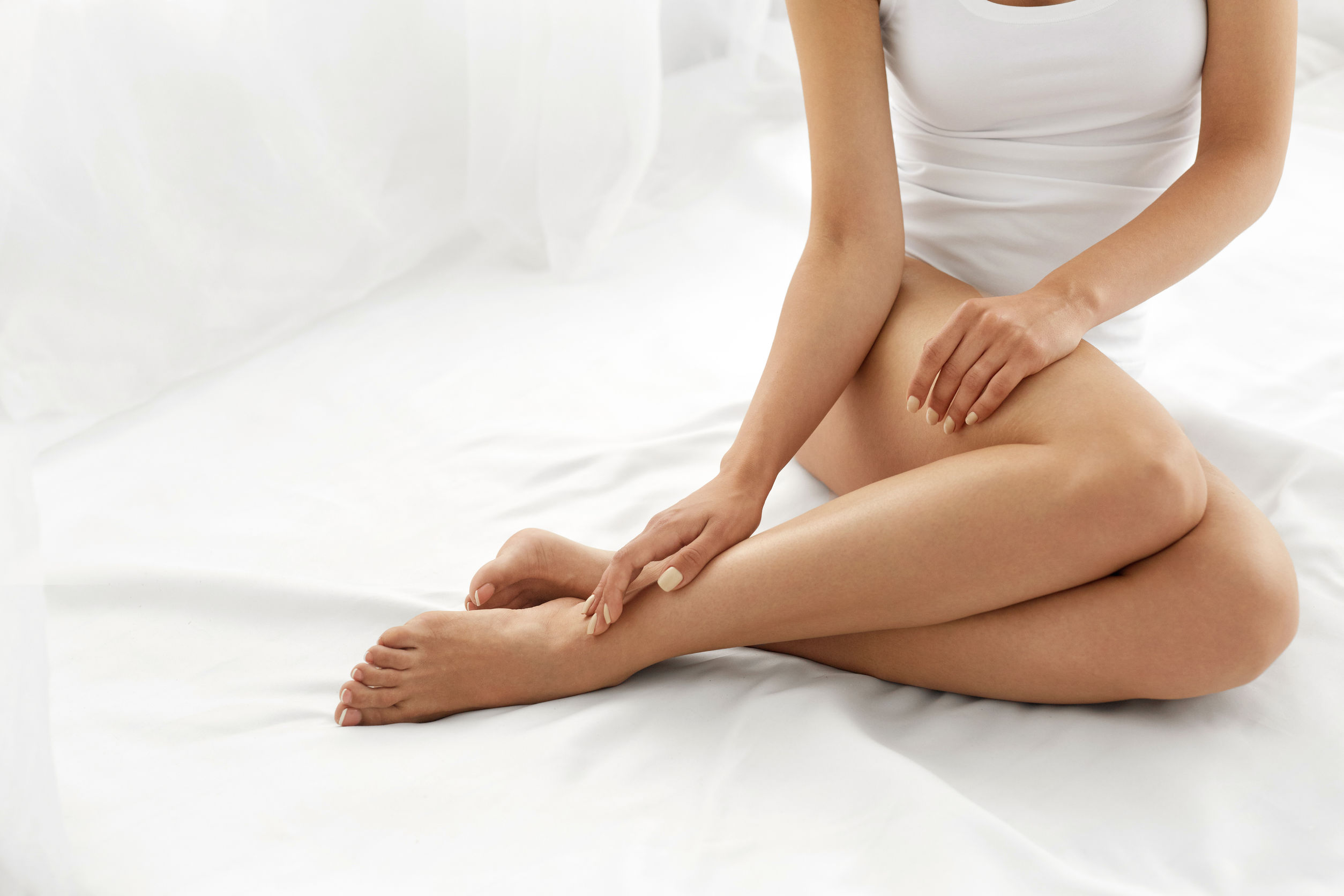Pregnancy Care
Acne During Pregnancy: Causes and What You Can Do About It

Many women experience acne during pregnancy and it is most common during the first and second trimesters.
During this time, your body produces more hormones which cause the oil glands in your skin to produce more sebum and clog your pores, resulting in breakouts.
If you are already prone to breaking out during your period, you may have a higher chance of experiencing pregnancy acne. However, this is usually temporary and your acne will clear when your hormone levels stabilize.
What Causes Pregnancy Acne?
Acne during pregnancy occurs when your body produces more progesterone in the first trimester, causing your skin to produce more oil and sebum. While some women get a pregnancy glow as a result of the hydrating effect of the sebum, other women experience excessive production of oil which clogs pores and triggers acne breakouts. Sometimes, women also experience acne as a result of stress.
If you have a history of acne breakouts during your period, you are more likely to develop pregnancy acne. However, if you don’t experience any acne in the first trimester, it is unlikely that you will experience severe breakouts of acne in the second and third trimesters.
While you may have used birth control pills or other medication to control your acne in the past, such treatments are risky during pregnancy as they can increase the risk of birth defects.
What Can You Do About It?
Here are some simple ways to help prevent pregnancy acne.
1. Keep your skin clean
Take good care of your skin during pregnancy by using a gentle cleanser to wash and rinse your face thoroughly, twice a day, once in the morning and once at night. After washing, pat your skin dry with a clean towel or washcloth.
You should also shampoo regularly especially if you have oily skin or an oily scalp. This will remove the buildup of oil on your hairline.
It is important to change your towels and pillowcase often, at least once or twice a week.
If you do get acne, avoid popping or squeezing them as that can cause scarring or even spreading to other areas of your skin.
2. Avoid overwashing
Avoid overwashing your face as that can cause your skin to produce an excessive amount of oil. Overwashing strips natural moisture from your skin so your oil glands will try to produce more oil to replenish the lost moisture.
It is recommended that you wash your face twice a day or after sweating.
3. Moisturize your skin regularly
Using harsh acne cleansers may cause dry skin, leading to more breakouts. It’s important to moisturize your skin regularly to keep it hydrated.
Apply an oil-free moisturizer after you wash your face so that it does not clog your pores.
4. Look for non-comedogenic and oil-free products
Avoid using heavy make-up, concealers, or foundation. You may want to look for oil-free, hypo-allergenic, non-comedogenic cosmetics and skincare products that won’t clog up your pores and contribute to acne breakouts.
5. Stay out of the sun
Avoid excessive exposure to the sun as the heat and sweat can make your acne worse. Some of the acne products you are using may also increase your skin’s sun sensitivity, increasing the risk of sunburn.
In general, excessive sun exposure can also age your skin prematurely, causing hyperpigmentation and increasing your risk of skin cancer. Make sure you’re using sunscreen with a minimum SPF of 30. A non-comedogenic sunscreen can be the best option for acne-prone skin.
Latest Articles
How Are Abdominal Hernias Treated?
What to Expect from Colorectal Surgery
How to Treat Breast Inflammatory Conditions
Gynaecomastia: Understanding Male Breast Cancer
6. Have a balanced diet
Cut back on refined grains like white rice or sugar, and go for whole grains. Avoid saturated fats in your diet that are found in fried food, as these foods can worsen your acne.
You may also want to opt for salmon, walnuts, almonds, and colorful fruits and vegetables as they contain the right nutrition for healthy skin.
7. Drink more water
Drink plenty of water as that can flush out your skin, keeping it moist and hydrated. Ideally, adults should drink between 8 to 10 glasses of water a day.
Avoid gulping a large amount of water at once which can cause you to feel bloated. Instead, take sips throughout the day.
Tea and coffee can cause dehydration so it is best to avoid drinking large quantities of those.
8. Speak to your dermatologist
If you’re struggling with acne, your dermatologist can recommend topical treatments or oral medication that are safe for you to use. They are often able to prescribe stronger antibacterial creams and ingredients that are safe for you to use as long as you use them under medical supervision.
If you’re concerned about whether exfoliating scrubs or acids are safe to use during pregnancy, you can speak to your dermatologist.
Conclusion
You may experience pregnancy acne and many other transformations in your body when you are pregnant. Fortunately, acne is temporary and subsides once your body’s hormone levels go back to normal.
Be careful about the acne treatments you use and consult your dermatologist before starting any acne treatment. Practice proper hygiene care to prevent your acne from getting worse or scarring!
Read this next ...
WHO WE ARE
About SOG Health Pte. Ltd.
Established in 2011, SOG Health Pte. Ltd. (“SOG”) is a leading healthcare service provider dedicated to delivering holistic health and wellness services to the modern family.
With a long and established track record in Singapore providing Obstetrics and Gynaecology (“O&G”) services such as pre-pregnancy counselling, delivery, pregnancy and post-delivery care, the Group has since further expanded its spectrum of healthcare services to include Paediatrics, Dermatology, and Cancer-related General Surgery (Colorectal, Breast & Thyroid).
The Group’s clinics, under its four operating segments of O&G, Paediatrics, Oncology and Dermatology, are strategically located throughout Singapore to provide easy access to its patients.
- Obstetrics
- Gynaecology
- GynaeOncology
- Breast, Thyroid & General Surgery
- Colorectal, Endoscopy & General Surgery
- Dermatology
- Paediatrics
Consult With A Specialist From SOG
Visit one of our specialists today to learn more about your health!
Recommended Specialists
Book An Appointment
Fill up this form and our clinic will get back to you shortly.
For general enquiries, please click here.



